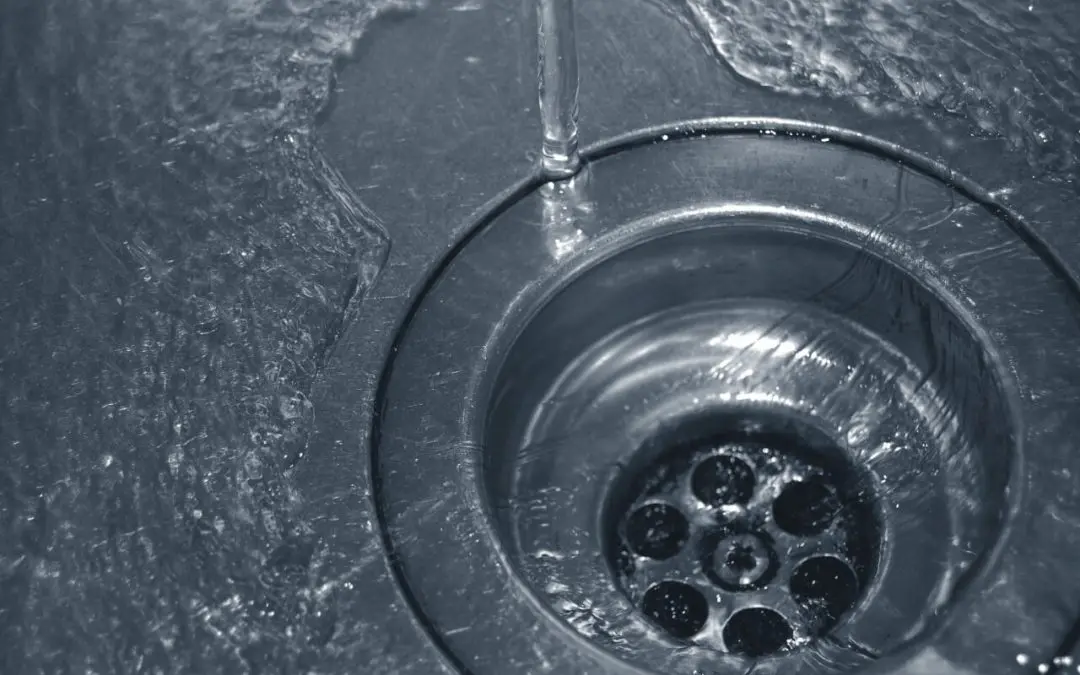Clogged drains are a common household nuisance that can disrupt your daily routine. Whether it’s a slow kitchen sink or a completely blocked bathroom drain, knowing how to unclog a drain effectively will save you time and money.
Identifying the Cause of the Clog
Before diving into the solutions, it’s important to identify what’s causing the blockage. Clogs can be due to various factors, including hair, food particles, grease buildup, or foreign objects. If your drain is slow but not completely blocked, it may indicate a partial clog that you can resolve with basic methods. On the other hand, if water isn’t draining at all, you may need to take more aggressive measures.
Tools You’ll Need to Unclog a Drain
Having the right tools at your disposal will make unclogging a drain much easier. Here’s a basic list:
Plunger: A trusty plunger will often dislodge minor clogs.
Drain snake: This flexible tool can reach deeper blockages.
Bucket: To catch any water or debris that may come out of the drain.
Dish soap: This will help to break down grease.
Baking soda and vinegar: A natural and effective combination for cleaning.
Step-by-Step Guide to Unclog a Drain
Start with a Plunger
If your drain is blocked, the first step is to try using a plunger. Make sure the plunger is designed for the type of drain you’re working on; a cup plunger works best for sinks, while a flange plunger is ideal for toilets.
Begin by filling the sink or tub with a small amount of water, just enough to cover the bottom of the plunger. Place the plunger over the drain, ensuring a good seal, and push down firmly. Pull up sharply to create suction, repeating this process several times. If the clog is minor, this method often dislodges it quickly.
Use a Drain Snake
If plunging doesn’t work, a drain snake might be your best option. Insert the snake into the drain and turn the handle clockwise to push it deeper into the pipe. As you push forward, you may encounter resistance. This could be the clog, so continue to twist the snake until you feel it break through the blockage. Once you feel a release, slowly pull the snake out, bringing any debris with it. Run hot water down the drain to flush out any remaining particles.
Baking Soda and Vinegar Treatment
If the clog isn’t cleared by using the above tools, a baking soda and vinegar treatment can effectively clear many clogs. Start by pouring a pot of boiling water down the drain. Next, add half a cup of baking soda followed by half a cup of vinegar. You’ll see fizzing as the two ingredients react, which helps to break down grease and other debris. After about 30 minutes, flush the drain with another pot of boiling water to clear out any remnants.
Dish Soap for Grease Clogs
If your kitchen sink is clogged due to grease, try using dish soap. Pour a generous amount of dish soap down the drain, followed by a pot of boiling water. The soap will help to break down the grease, allowing it to wash away more easily. Let it sit for a few minutes before running hot water to ensure the blockage is gone.
Prevention Tips
Once you’ve successfully unclogged your drain, consider implementing some preventive measures. Flush your drains with boiling water regularly and use baking soda and vinegar monthly. Avoid putting grease or large food particles down the sink, and use drain covers to catch hair and debris in bathroom sinks and showers.
By following these steps and tips, you can effectively unclog your drains and maintain a healthy plumbing system. Remember, the key is to address clogs promptly and take preventive measures to avoid future issues.
FAQs on How to Unclog a Drain
1. What if my drain is still clogged after trying these methods?
If your drain remains clogged despite your efforts, it may be time to call a professional plumber. They have specialized tools and expertise to handle more severe blockages.
2. Are chemical drain cleaners effective?
While chemical drain cleaners are effective, they are also harsh on plumbing and the environment. They may not always resolve the clog and can cause more damage in the long run. It’s best to try natural methods first.
3. How often should I clean my drains?
It’s a good idea to clean your drains at least once a month to prevent buildup. This can help keep your plumbing system in good shape and reduce the chances of clogs developing.
4. Can I prevent clogs in my kitchen sink?
Yes! Avoid putting grease, coffee grounds, or large food particles down the sink. Use a drain cover to catch debris, and run hot water through the sink regularly.
5. Is it safe to use a drain snake?
Yes, a drain snake is generally safe to use if handled properly. Just be careful not to use excessive force, which can damage your pipes.
HomeSpec offers home inspection to customers in North Mississippi and Southwest Tennessee. If you’re buying or selling a home, contact us to request our services.

